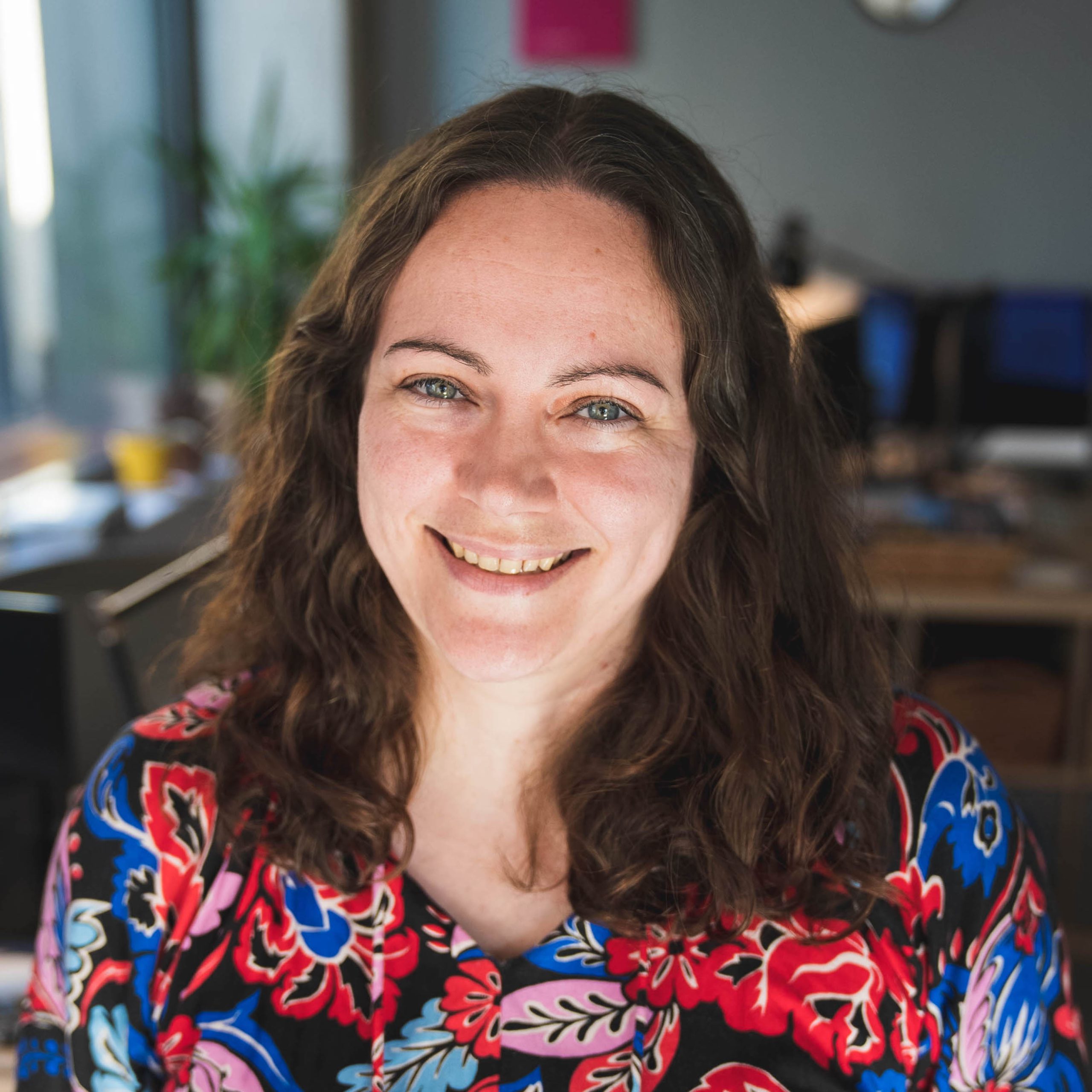Collaborating For Data Value: Sharing Shouldn’t Be Scary
ODI’s Overcoming Sector-Wide Challenges Session – A Brief
.
On 1 August 2024, the Open Data Institute (ODI) hosted a webinar to showcase and discuss sharing open data with a focus on the utilities sector. The session was created to explore how regulators are driving change in the electricity and water sectors by requiring a commitment to open data for innovation, better services and achieving net zero.
The ODI vision is a world where data works for everyone. As Tara Lee, a Senior Consultant at ODI, explained, “assume all data can be open then risk-assess and adapt it, rather than assuming nothing can be shared and trying to be open from there”.
All speakers agreed it takes a cultural shift to data openness which requires visionary leadership and a bought-in delivery team.
First to present was Yiu-Shing Pang, Open Data Manager, from UK Power Networks. He explained open data is needed to keep up with evolving consumer expectations and the digital revolution. “EVs [electric vehicles] consume four to eight times more power than a house on a street for a full charge. Understanding and sharing this data across sectors helps everyone to develop their services”. Yiu-Shing Pang added there is data they won’t release, like underground networks, for security reasons but do share what other assets are doing. For instance, knowing substation data is helping companies cost up the business case for connectivity.
“Assume all data can be open then risk-assess and adapt it, rather than assuming nothing can be shared and trying to be open from there”
Tara Lee, Senior Consultant at ODI
UK Power Networks works with the other providers in the UK as well as the Energy Networks Association (ENA) through working groups on data and digitisation. Unifying the approach “gets us to the destination quicker… through fast lessons and fast fails to open data maturity” and increases the numbers of use cases showing the data being a key enabler of net zero.
The second speaker, Melissa Tallack from Northumbrian Water, presented Stream, “a unique consortium of 16 water companies and experienced partners sharing open data collectively”. Stream is creating a clear framework to share data and overcome barriers, so industry and stakeholders can work together for critical infrastructure needs.
Melissa Tallack highlighted that interoperability is vital and only happens by design, through deliberate acts. It is the key to unlocking maximum value from opening data. Stream is establishing a common trust framework within and between sectors to allow smooth data flow. She summed up their success to date as a collective to, “give what you can, take what you need” to learn and grow together, rapidly building the data maturity level of the whole sector.
Q&As
How do you convince organisations to use and share open data?
All agreed it helps that regulators want it! But also a softer approach which sells the benefits such as automating open sets so teams aren’t burdened with individual data requests. Capturing the stories where industry benefits are rooted in open data is important as this is a people challenge – the data is not holding anyone back – it is a cultural mindset.
Tara explained it is important to work through people’s fears especially at the operational level of a team. Governance, the sustainability of updating the data, tracking the value are all key components of an open data system which provide reassurance.
Interestingly, all speakers highlighted one of the biggest benefit is breaking down internal silos. Opening the data means everyone in the same organisation understands what data they have and can apply it to their work.
How do you choose what to share and how do you know value is generated?
For Stream, there is an evaluation process and risk analysis which everyone can access. Knowing your user community is vital to choose what to share. Most of the Stream consortium have their own valuation methodology for their use, and there is a Stream template if needed.
For UK Power Networks, open data sharing has three approaches. Retrospective for herding existing data to the open portal; reactive which facilitates data requests, and; proactive to release what people may find useful. They see savings in time and money through the streamline connections and increasing customer satisfaction.
The ODI team highlighted there is usually a reason why open data is happening, there’s a value hoping to be gained whether regulated or not. The direction of what to share comes from the value desired. Freedom of Information requests are also a good guide to know what people are interested in more widely.
Can you share open data and remain competitive in the market?
Everyone said yes. Collaboration still happens in other ways in competitive markets. Open data in these cases are setting a consistent foundation and then it is up to each company how they use this for a competitive difference. Tara Lee gave the example of Transport for London who opened up all transport timetable data. They could have created a chargeable app but made it open so new companies can come in and solve ongoing issues. They estimate these innovations equate to £70-90m in savings to date.
What are your hopes for the next 12 months of open data sharing?
- A full suite of use cases on values from users of the data.
- Common standards for interoperability to see the data tide rise.
- A mature data culture that shares high quality data to get the best results.
Related Links:
- Open Data | UK Power Networks
- www.streamwaterdata.co.uk
- Energy data and research | Ofgem
- Our research | The ODI
Image Credits: Top photo by ThisIsEngineering

